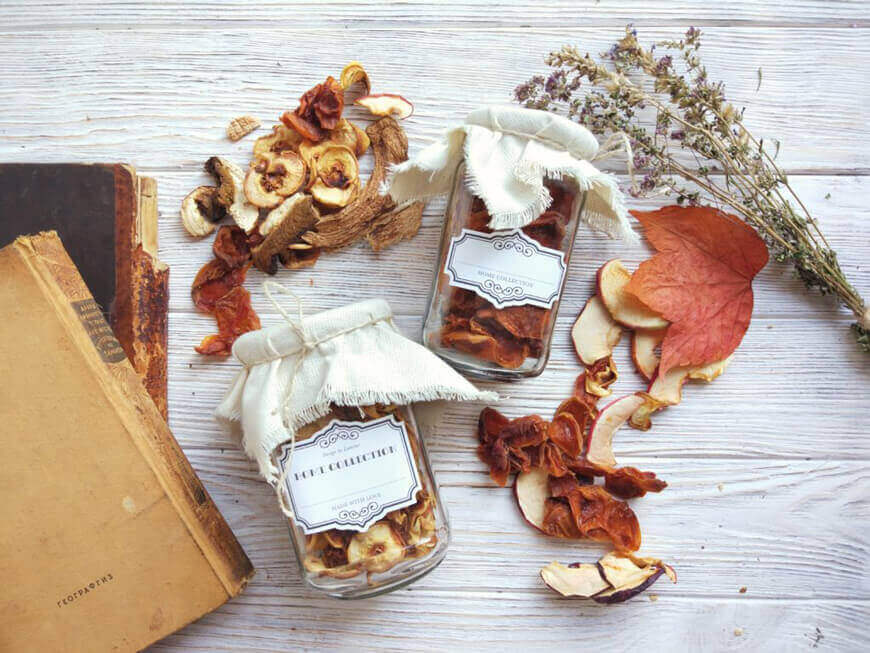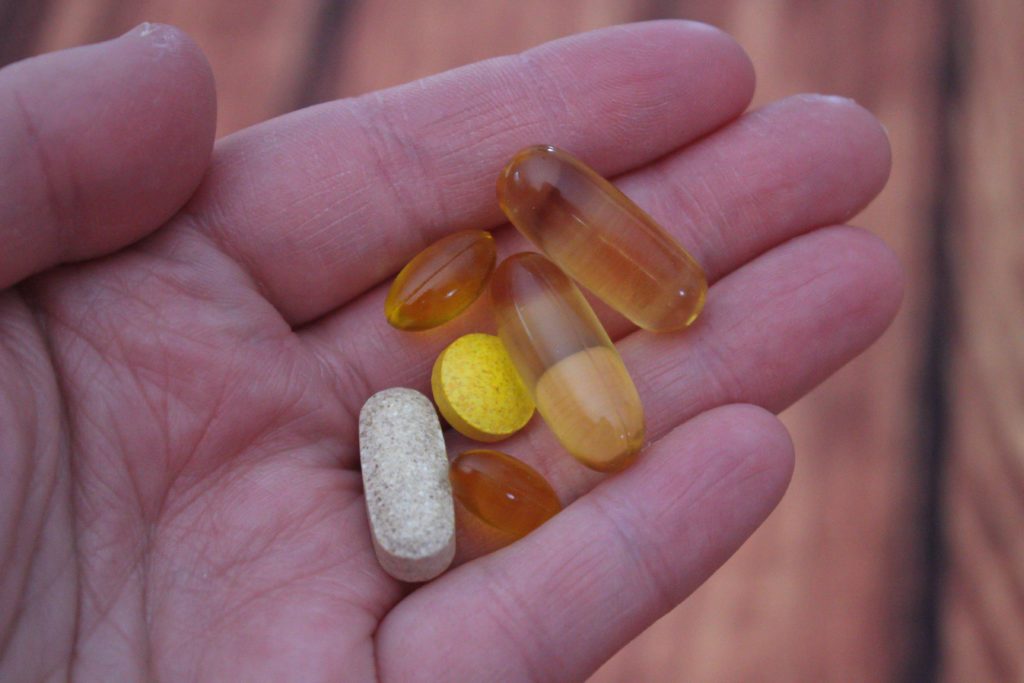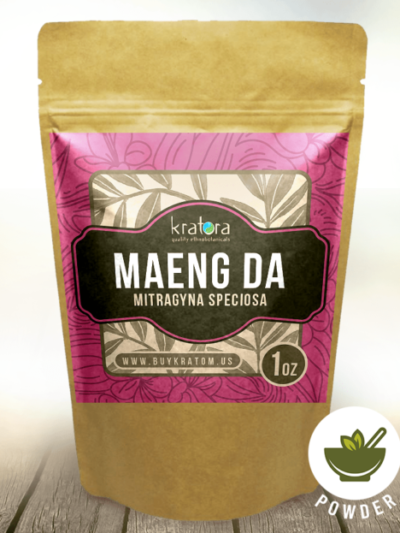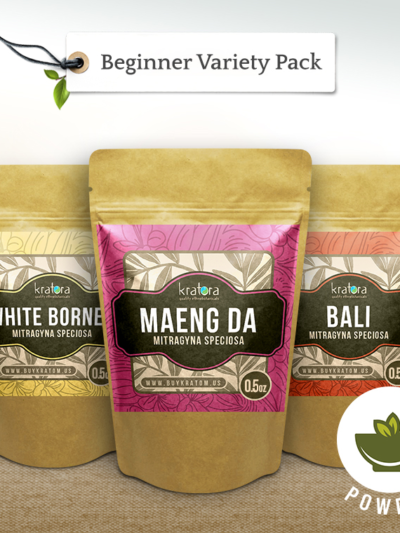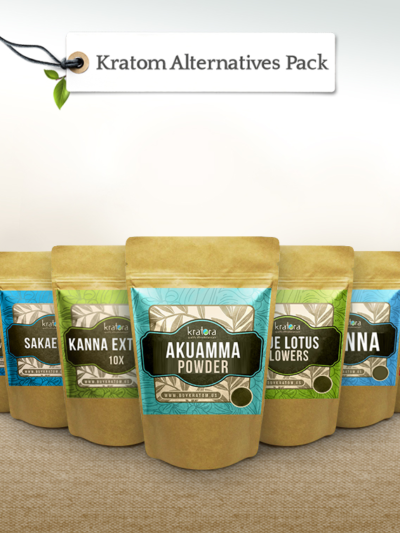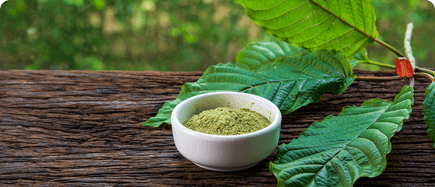It’s fair to say that most of us would like to implement more healthy lifestyle habits into our daily lives; however, conflicting information about what actually constitutes a “healthy” habit can end up introducing bad health habits instead. To help you on your way to more holistic living and vitality, here are five “healthy lifestyle habits” to avoid to make sure you stay on the right track with your health!
Surprisingly Bad Health Habits
1.Eating Low-Fat Dairy
Low-fat dairy is a “healthy” habit that the weight-loss and dairy industries have been pushing for the last four decades. These products are produced by skimming the natural, vitamin-containing fat from the dairy and replacing it with synthetic vitamins A and D, sugar, and artificial flavorings to mimic the taste and fullness of the fat that was removed.
What those who study healthy lifestyle habits know—and what our ancestors knew for centuries—is that eating quality fat is essential for a healthy mind and body. Naturally, fatty animal and vegetable foods like raw milk and cream, homemade butter, fatty fish, avocados, olives, and cold-pressed nut and seed oils are packed with fat-soluble vitamins like vitamins A, D, E, and K that can only be absorbed by the body in the form of fats. These fat-soluble vitamins are essential for your eyesight, hair, nails, teeth, skin, nervous system, hormone production, and immune system.
Additionally, the healthy fats above contribute to a feeling of fullness and stop you from wanting to snack on processed carbs and sweets between meals—which, by the way, are the bad health habits that are more likely to cause unwanted weight gain!
2.Sugar-Free Soft Drinks
In a similar vein, “healthy” lifestyle habits like drinking sugar-free soft drinks might not actually be all that healthy. Kirsch Bottling launched the first sugar-free soft drink with No-Cal ginger ale in 1952, and their product eventually became a hit with weight-conscious housewives. Once the success of this product was confirmed, other “diet” drinks soon followed, featuring several low-calorie sweeteners like aspartame, cyclamates, saccharin, and sucralose in place of sugar.
So, what’s the problem with these sugar-free “diet” drinks when you’re trying to pursue healthy lifestyle habits? The first problem is that the artificial sweeteners used in place of sugar may increase appetite, resulting in a much higher intake of unhealthy foods and a higher chance of developing type 2 diabetes. The second problem is that the artificial sweeteners come with health-safety concerns of their own. For example, aspartame (branded as Nutrasweet and Equal) has been linked with numerous health problems, including cognitive damage, increased risk of cancer, neuroendocrine damage, and memory impairment.
The Solution: Make Your Own Beverages at Home
So, what healthy lifestyle habits can you implement instead of bad health habits like drinking diet soda? For a cold, refreshing drink on a warm day, homemade lemonade or iced tea sweetened with a tiny amount of stevia or xylitol could be the perfect thing to quench your thirst!
3.Snacking on Dried Fruit
Dried.fruit. Alt tag: Rustic jars of assorted dried fruit with fall leaves and dried flowers on a wooden surface.
Ok, so you might have already known that these two “healthy” lifestyle habits weren’t that healthy. But what about dried fruit? Surely that doesn’t figure among bad health habits, right? Snacking on dried fruit is a little more complicated than it might seem. On the one hand, unsweetened dried fruits with no added vegetable oil can offer essential fiber and minerals while adding a sweet taste to your everyday diet. If you have perfect digestion and gut balance, a few of these sweet treats after lunch or mixed into a protein smoothie could make an enjoyable addition to your diet.
On the other hand, people who have a gut imbalance, such as yeast overgrowth, can make their condition worse by ingesting sugar in any form—and that includes healthy lifestyle habits like natural, dried fruit, very sweet fruits like bananas, and even starches like root vegetables and grains. If you have a yeast problem, it’s best to eat only a very small amount of fresh green apples, fresh blueberries, and added stevia for a little sweetness in your diet.
4.Nuts and Seeds
You’ve probably heard about the high nutritional value of nuts and seeds such as almonds, sesame seeds, and sunflower seeds. The good news is that the hype surrounding this “healthy” lifestyle habit is all true!
What most people don’t know—however—is that nuts and seeds need to be prepared properly in order for their nutritional value to be released. When eaten raw, nuts and seeds (like cereals and legumes) contain the antinutrient phytic acid which inhibits the absorption of iron, zinc, and calcium — that right there is a bad health habit waiting to happen!
To reduce the amount of phytic acid and make these little powerhouses easier to digest, soak nuts and seeds overnight in filtered water and a little lemon juice and then drain and rinse before consuming. If you like your nuts dry and crunchy, you can dehydrate them again after soaking. Roasting nuts and seeds in the oven without the soak can result in a moderate reduction of phytic acid; however, it also reduces their B-vitamin content.
5.Taking a Daily Multivitamin
Our final warning about healthy lifestyle habits and bad health habits refers to the synthetic vitamins you buy from the pharmacy. While these vitamins may help to correct a deficiency in the short term, many of these laboratory-produced pills come from genetically modified corn that has been sprayed with large amounts of pesticides. In addition, the tablets themselves often contain excipients like artificial colorings and talc—the latter of which has often been found to be contaminated with asbestos.
A much better alternative to over-the-counter vitamins is wholefood-based organic supplements like bone broth for collagen, free-range eggshells for calcium, organic lemon rinds for vitamin C, and traditional herbs for immune support and specific ailments. If you do need a concentrated vitamin supplement in the short term, be sure to read the labels carefully and choose a wholefood-derived option if available.
Learning from our Ancestors
The best way to boost our health and avoid fad-based “healthy” lifestyle habits is by learning from our ancestors and traditional peoples around the world. Real foods prepared properly really are the best medicine!
-
Energy
Maeng Da Kratom Powder
From $12.99 Shop Now This product has multiple variants. The options may be chosen on the product page -
Sale!
Best Seller
Kratom Beginner Variety Pack
Original price was: $17.99.$9.99Current price is: $9.99. Add to Cart -
Sale!
Ethnobotanical Kratom Alternatives Variety Pack
Original price was: $39.99.$26.99Current price is: $26.99. Add to Cart
At Kratora, we specialize in learning and sharing knowledge about traditional ethnobotanicals from around the world, such as all-natural kratom, and kratom alternatives. Browse our premium collections to discover a world of ancient plants and learn about their uses in the twenty-first century!
Please note that the US FDA has not approved kratom to be sold for human consumption, sold for external use only. None of the products sold on our website are intended to diagnose, treat, cure, or prevent any disease or medical condition.
Want to learn more about kratom quality and value? Start here:
Why Buying Cheap Kratom Can Be Dangerous

